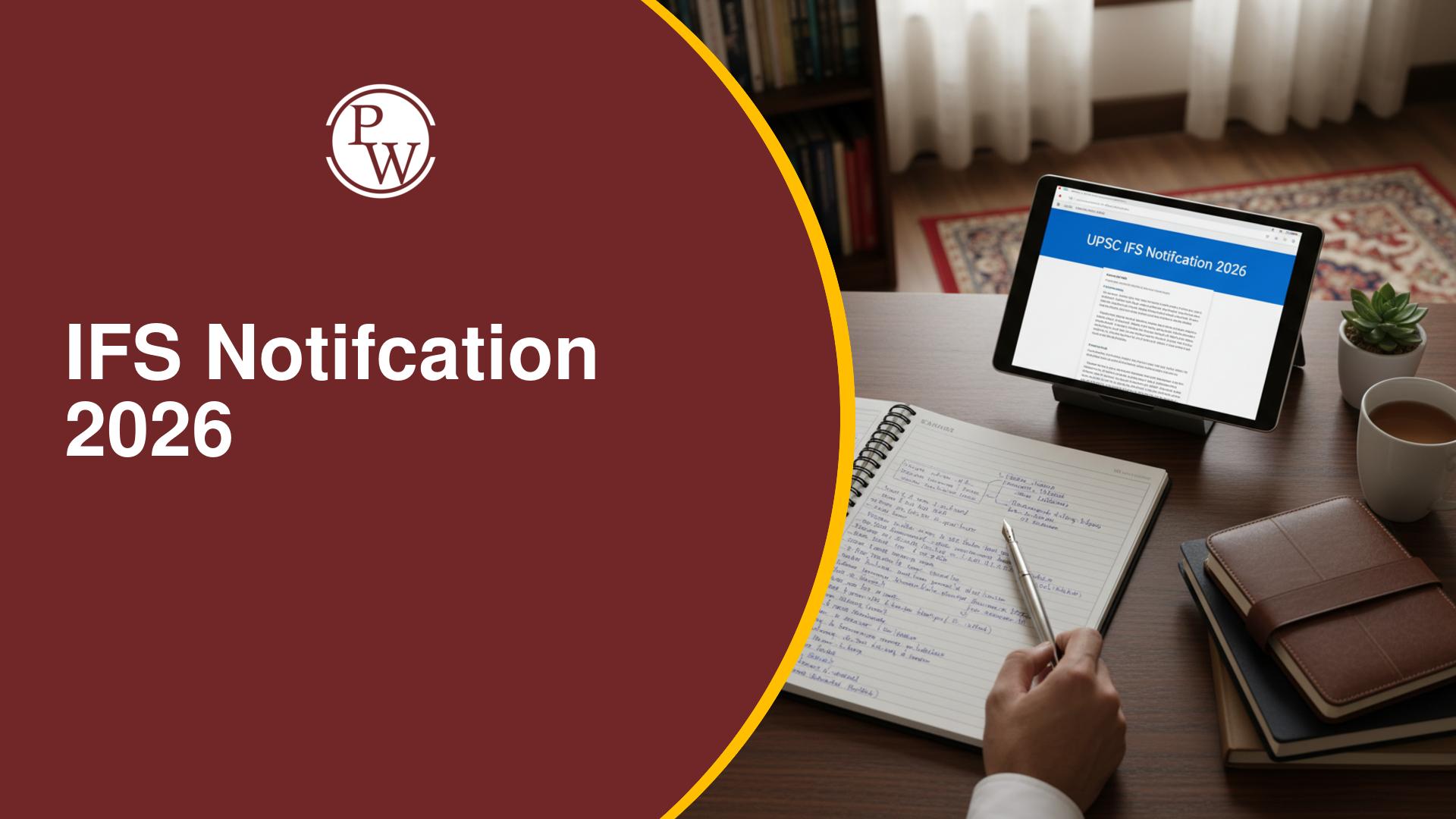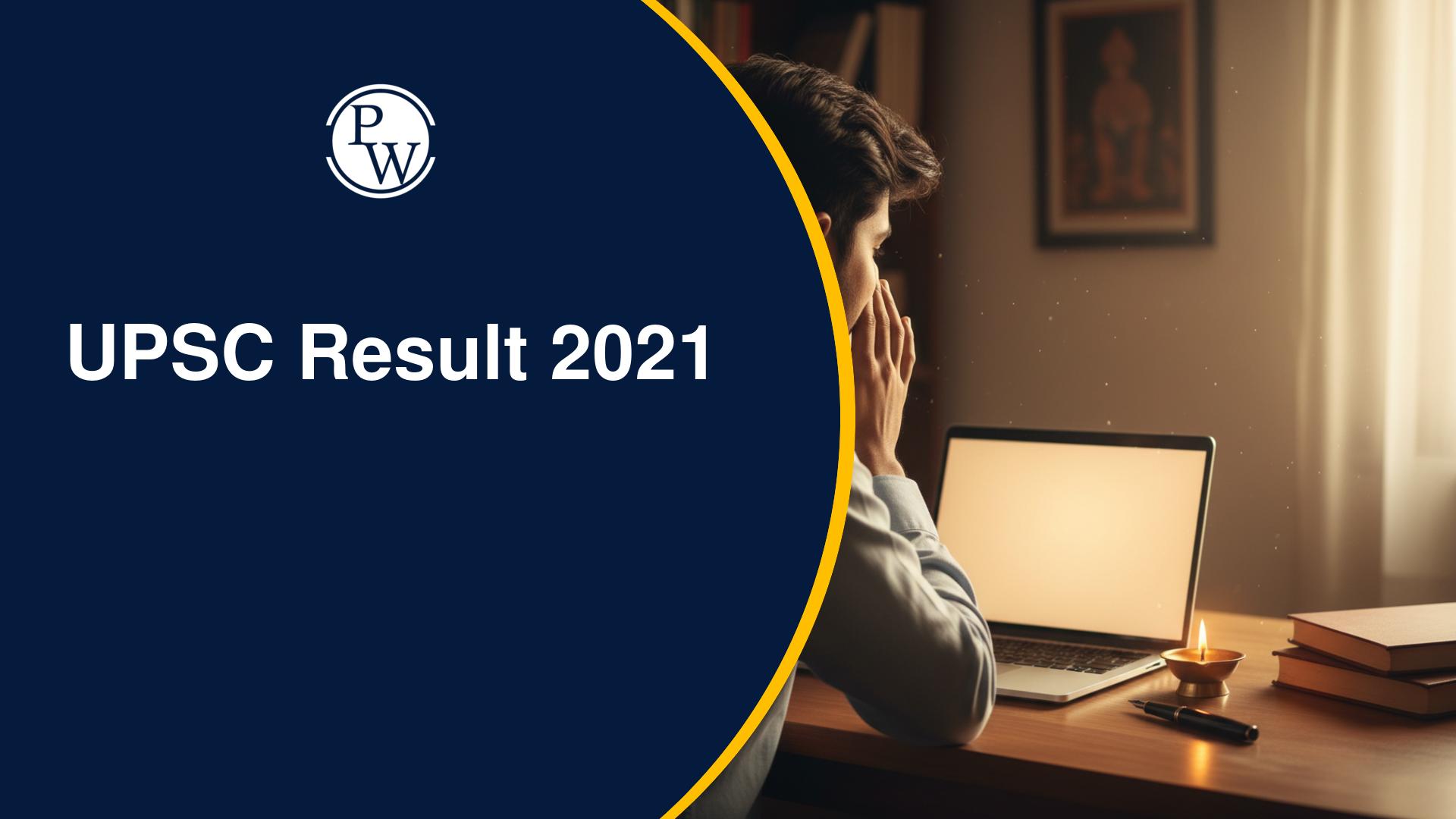
Waqf Board Amendment Bill 2025 was recently passed by both houses of Parliament to reform the management of Waqf properties in the country. The bill is now just a step away from becoming law with approval from the President. Waqf Board Amendment Bill 2025 was introduced in 2024 and was later modified after recommendations from the Joint Parliamentary Committee. Read on to learn more about it!
What is Waqf Amendment Bill 2025?
The Waqf (Amendment) Bill, 2025 was introduced to address the complex and longstanding challenges in the management of Waqf properties. Over the years many problems such as lack of transparency, incomplete surveys, administrative inefficiencies, etc. have been persistent hampering the effectiveness of Waqf Boards therefore making it necessary to bring a resolution.
Umeed bill 2025
The Waqf Amendment Bill 2025, also known as the Unified Waqf Management, Empowerment, Efficiency, and Development (UMEED) Bill, has been passed by both the Lok Sabha and Rajya Sabha. It will become law once it receives approval from the President of India, bringing the necessary changes to improve the management and functioning of Waqf properties.
Read the Text of Waqf Board Amendment Bill 2025 Here
Waqf Board Amendment Bill 2025 Key Provisions
The Waqf Board Amendment Bill 2025 introduces the following reforms to improve the governance, transparency, and management of waqf properties:
- Separation of Trusts and Waqf: Muslim-created trusts will no longer be considered waqf, allowing individuals to retain full control over their trusts.
- Digitalization & Transparency: Mandates centralized digital registration and monitoring of waqf properties. A central portal will automate the entire lifecycle of waqf.
- Eligibility for Waqf Dedication: Only practicing Muslims (for at least 5 years) can dedicate their properties to waqf.
- Protection of ‘Waqf by User’ Properties: Properties registered with Waqf Boards will remain as waqf unless disputed or identified as government land.
- Women's Rights in Family Waqf: Women must receive their rightful inheritance before waqf dedication, with special provisions for widows, divorced women, and orphans.
- Accountability of Mutawallis: They must register waqf property details on the central portal within six months.
- Government Land and Waqf Disputes: Senior officers will investigate government properties claimed as waqf to prevent false claims, such as those involving monuments and public properties.
- Strengthening Waqf Tribunals: A fixed selection process and tenure for tribunal members will ensure efficient dispute resolution.
- Broader Representation: Ensures inclusion of both Muslim and non-Muslim members on Waqf Boards. Two non-Muslim members will be included in both the Central and State Waqf Boards.
- Financial Audits: Requires regular audits for waqf institutions with earnings above ₹1 lakh.
About Waqf Board Act 1995
The Waqf Board Act was first enacted in 1954 and was later replaced by the Waqf Act of 1995. The Waqf Board Act is a legislative framework that regulates Waqf properties in India. Waqf properties are those that are donated for religious or charitable purposes under Islamic law. The Waqf Boards Act provides provisions to manage and designate properties as Waqf and establish a Central Waqf Council for oversight.
The act aims to protect the interests of the Muslim community by ensuring that Waqf properties are used for charitable and religious purposes. However, over the years, there have been numerous issues related to the lack of transparency as seen in the 2022 Tamil Nadu Waqf Board case. The Waqf Board Amendment Bill 2025 seeks to introduce necessary changes to enhance its effectiveness while making the composition of boards more inclusive.
Benefits of Waqf Amendment Bill 2025
Here are the key benefits of the Waqf Amendment Bill 2025, also known as the UMEED Bill:
-
Enhanced Transparency:
-
Centralised digital portal for tracking and managing Waqf properties.
-
Regular audits to prevent corruption and mismanagement.
-
Property Rights Protection
-
Prevents arbitrary declaration of land as Waqf.
-
Protects rights of non-Muslim property owners and prevents misuse of government lands.
-
Women Empowerment
-
Promotes economic independence of Muslim women through SHGs.
-
Legal aid centres for inheritance and domestic violence issues.
-
Support for the Poor
-
Revenue from Waqf lands channelled into health, education, and housing.
-
Welfare funds prioritised for economically weaker sections.
-
Inclusive Representation
-
Mandatory representation for Bohra, Aghakhani, and backward-class Muslims in Waqf Boards.
-
Inclusion of elected members from local bodies and non-Muslim stakeholders.
-
Efficient Dispute Resolution
-
Addresses over 21,000 pending property-related cases.
-
Reduces prolonged litigations and prevents illegal encroachments.
-
Improved Governance
-
Strengthens coordination between Waqf Boards and local authorities.
-
Reforms administrative structures for better accountability and efficiency.
-
Preservation of Heritage
-
Safeguards religious and cultural sites while balancing public interest.
Waqf Amendment Bill 2025 Criticisms
-
Religious Freedom Concerns:
-
Critics argue that the Act violates minority rights, especially religious freedom under Articles 14, 25, 26, and 29.
-
The mandatory inclusion of non-Muslim members on Waqf boards is viewed as interference in the community's management of religious assets.
-
-
Centralisation of Power:
-
The Act centralises authority, granting extensive powers to state governments over Waqf properties and disputes.
-
Critics argue this shift creates bureaucratic hurdles, leading to potential delays and legal complications.
-
-
Lack of Community Consultation:
-
The Act has faced criticism for not engaging adequately with Muslim community stakeholders.
-
This has raised concerns about the legitimacy of the Act and its acceptance within the Muslim community.
-
-
Exclusion of Historical Practices:
-
The removal of provisions for recognising “Waqf by user” could endanger properties historically dedicated to Waqf without formal documentation, affecting long-standing practices.
-
-
Potential for Increased Legal Disputes:
-
The transfer of authority from Waqf Tribunals to district collectors is seen as potentially escalating disputes and complicating resolution procedures.
-
-
Non-Muslim Representation Concerns:
-
Critics oppose the inclusion of non-Muslim members on Waqf boards, fearing it could undermine the boards’ integrity due to limited understanding of Islamic law and practices.
-
Mussalman Wakf Repeal Bill 2024
Along with the Waqf Amendment Bill 2025, the Mussalman Wakf (Repeal) Bill, 2024 was also introduced in Lok Sabha in 2024 to repeal the Mussalman Wakf Act of 1923. With this change, the waqf property management will align with modern legal frameworks. By repealing the old law, the bill ensures that all waqf properties are managed under the latest Waqf Act.
Waqf Board amendment bill UPSC
-
Important for General Studies Paper II on Governance and Social Justice.
-
Affects the understanding of current affairs and social reforms.
To understand India's policy framework for the UPSC exam, explore courses by Physics Wallah!
| Related Post | ||
| UPSC CSAT Online Coaching | UPSC Syllabus 2025 | UPSC CSAT 2025 |
| UPSC Syllabus In Hindi | UPSC Previous Year Question Paper | UPSC CSAT Formula |
Waqf Amendment Bill 2025 FAQs
What is the Waqf Amendment Bill 2025?
Waqf Amendment Bill 2025 passed or not?
What is the next step for Waqf Amendment Bill 2025?
What is Waqf?
What are Waqf Tribunals?










